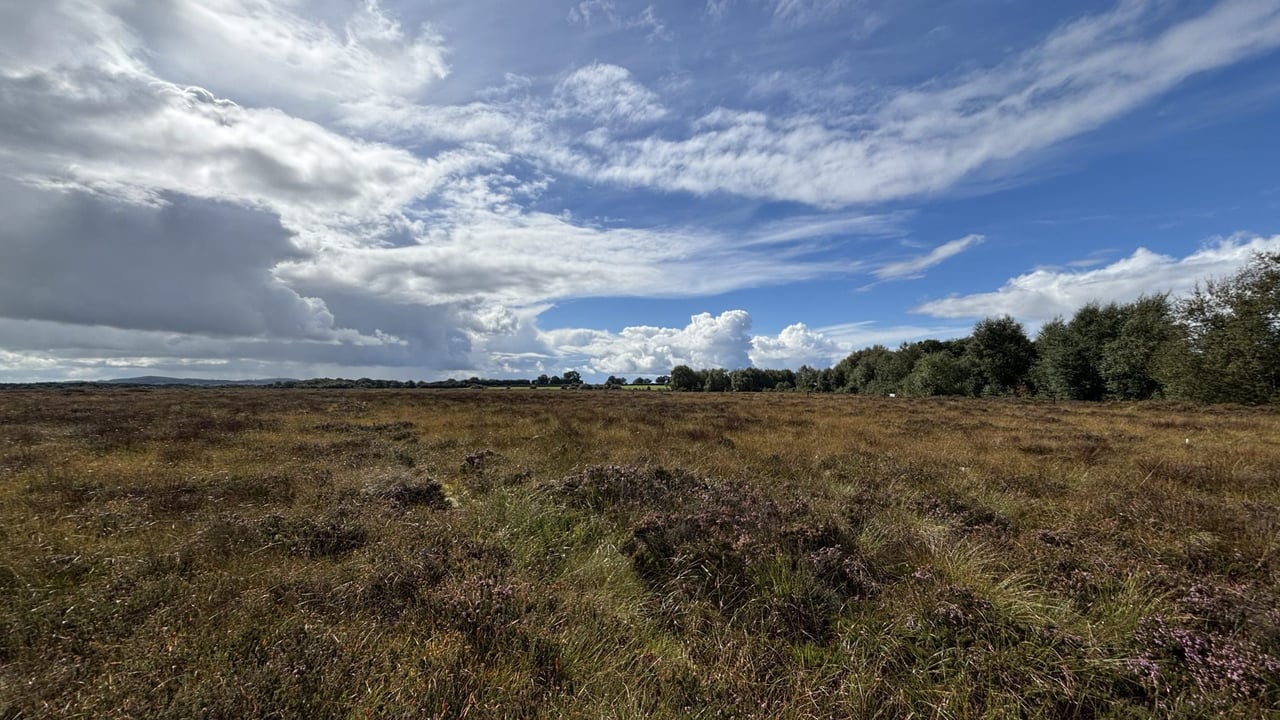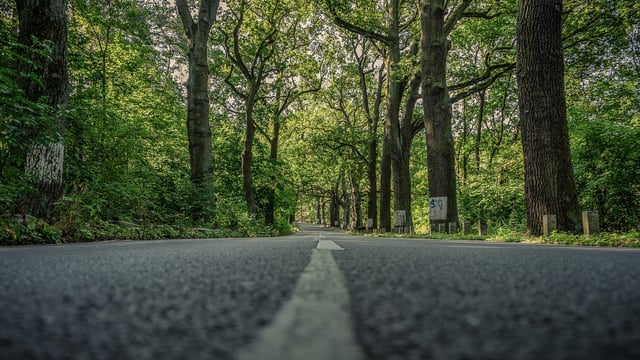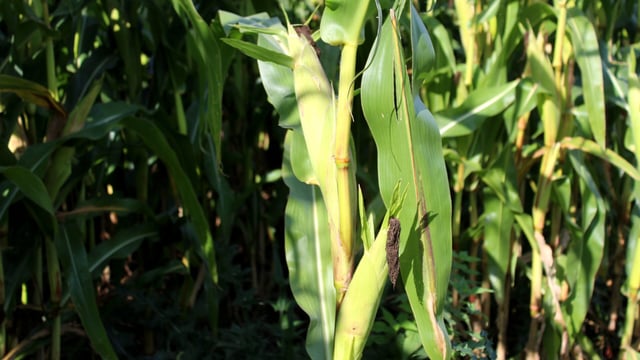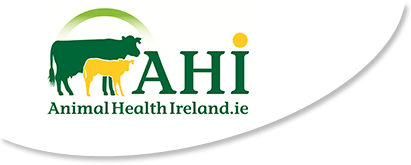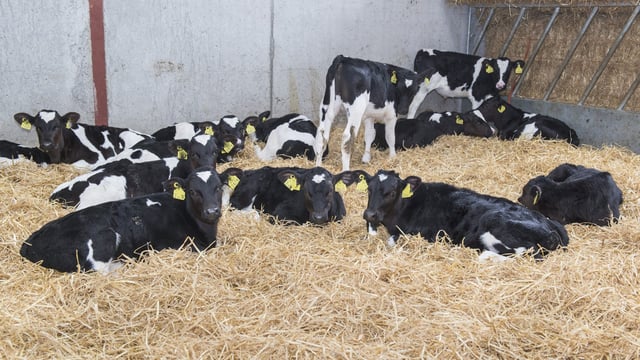Dutch role in helping to protect Irish peatlands honoured at Kildare event
The work of the Dutch in helping to protect Irish peatlands was honoured at an event this week in Co. Kildare as stakeholders across sectors convened to discuss restoration.
The Dutch Embassy and the Irish Peatland Conservation Council hosted a joint event to highlight the ongoing efforts to preserve Ireland’s unique peatland habitats.
The gathering at the Bog of Allen Nature Centre in Lullymore, Co. Kildare, brought together those from environmental groups, farmers, ecologists and other academics, politicians, as well as Irish and Dutch civil servants.
Coming at a crucial time in the history of peatland conservation, the event explored how Dutch and Irish experiences can shape future land use, climate policy and restoration strategies.
Dutch involvement in peatland protection
For the keynote speaker, Professor Matthijs Schouten, ecologist and philosopher at Wageningen University and professor of nature and landscape conservation at University College Cork, this event marked the latest step in his 50-year involvement with Irish peatlands.
As a young academic in the 1970s, he first travelled from the Netherlands, where extensive bogs had already been largely depleted, to study Ireland’s intact bog habitats.
He worked with a group of Dutch friends to establish the Dutch Foundation for the Conservation of Irish Bogs.
He later worked with colleagues in the Netherlands to raise funds to purchase Irish peatlands threatened by large-scale peat harvesting.
Between 1983-1987, this group purchased three peatland sites: Scragh bog in Co. Westmeath, Cummeragh River bog in Co. Kerry and Cloghar na gCon in Co. Galway.
These pieces of land were later donated to the Irish people.
Progress
Schouten said he believes that Ireland has made "enormous progress in preserving its precious natural environment for the next generation".
“Irish bogs are truly extraordinary on an ecological level; not many people realise that Ireland contains 60% of Europe’s raised bogs," he said.
"What we see here in the Bog of Allen and further afield is what we tragically lost long ago in the Netherlands, and what we are now working to recover.
“There is still so much that we have yet to learn about boglands and the hugely positive role they play in our planet’s delicate ecosystem.
"Dutch and Irish researchers have much to learn from sharing our experiences of the various restoration projects underway across both countries."
Dutch Ambassador to Ireland Maaike van Koldam said that the discussions throughout underscored the importance of both local and international cooperation in securing the future of peatlands.
“The most encouraging thing of all in recent years has surely been the progress which has come about through ongoing engagement between all stakeholders: farmers, landowners, and environmental experts," the ambassador said.
"We see how this is bearing fruit throughout Ireland."
Farmer concerns with rewetting peatlands
The concerns of farmers related to restoring and rewetting peatlands and the impact it could have on farmland were highlighted at the event.
Irish Farmers' Association president Francie Gorman told Agriland that there is a "lot of scepticism" among farmers.
"The fear is: how is it going to affect their farms?" Gorman said.
"There is a lot more communication needed with farmers and probably a lot more research to be done on the issue before farmers would be fully convinced of the advantages of it over the disadvantages."
Nitrates
Other issues of huge concern to farmers currently include the nitrates derogation, which Gorman also addressed this week.
Ireland is currently seeking to retain its nitrates derogation after 2025, which allows for an excess of 170kg livestock manure nitrogen per hectare to be applied.
It is the only member state in the EU seeking to do so.
It was announced in July by the Department of Agriculture, Food and the Marine that the European Commission has told Ireland it “must demonstrate compliance” with the Habitats Directive when granting farmers a nitrates derogation.
This is expected to form parts of the conditions Ireland will have to meet to retain the nitrates derogation after 2026.
Gorman said that there is a "threat to viability" of dairy farms if Ireland loses the derogation.
"If we lose this derogation, it's catastrophic," he added.
'Plan B' needed
Also speaking to Agriland at the event in Co. Kildare was Social Democrats TD Jennifer Whitmore, who said she cannot "see a way that Europe is going to sign off" on a post-2025 derogation.
"I think it was always going to be very difficult for Ireland to retain that nitrates derogation," she said, given the environmental concerns.
The deputy said she is afraid that farmers are being led "off a cliff" by the government.
The Social Democrats believes that the government should not be seeking an extension of the derogation, urging for there to be focus put on a 'plan B' for farmers if the derogation is not secured into the future.

